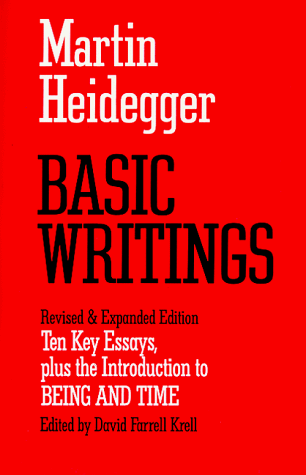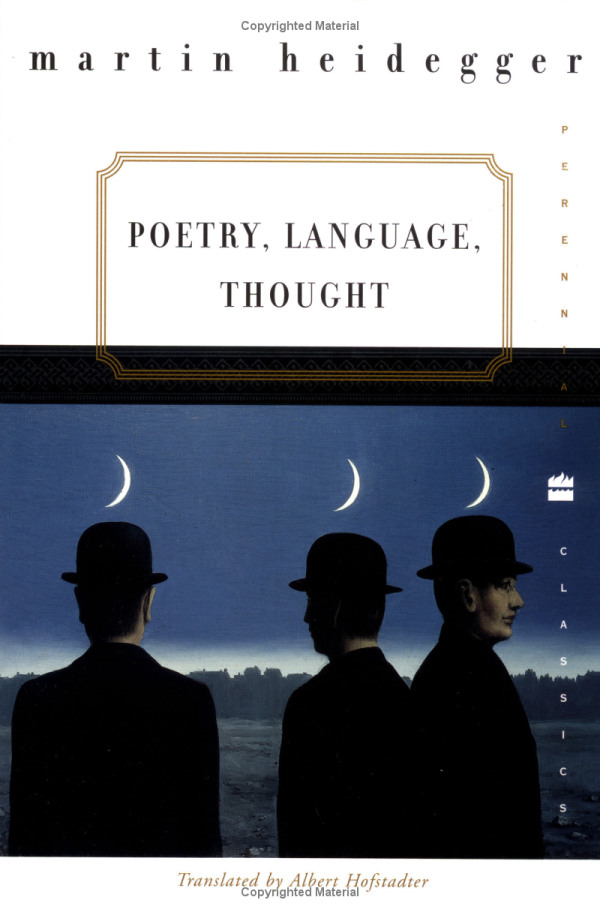
Of Grammatology
Book Description
Words weave a delicate dance, masking deeper truths beneath their surface. Jacques Derrida plunges into the heart of language in "Of Grammatology," where every phrase becomes a battleground of meaning and understanding. As he challenges the foundations of Western thought, the boundaries between writing and speech blur, igniting a thrilling debate on communication and interpretation. Clarity crumbles, revealing the chaos within the structure of knowledge. With each page, the stakes rise—how do signs shape our reality? In a world defined by language, what hidden forces lie just beyond comprehension? Prepare to rethink everything you thought you knew about meaning.
Quick Book Summary
"Of Grammatology" by Jacques Derrida is a groundbreaking philosophical investigation into the relationship between writing, language, and meaning. Derrida challenges the primacy of speech over writing, a central assumption in Western philosophy, and introduces the concept of 'deconstruction.' By analyzing the works of pivotal thinkers like Rousseau and Saussure, Derrida questions the stability of meaning and highlights the ways in which signs can never be entirely fixed. The book shakes the foundation of structuralist thought, arguing that language is inherently unstable and that meaning endlessly defers. Through rigorous critique and innovative methodology, Derrida exposes the deep structures of language, making us aware of the complexities and contradictions lurking within our systems of knowledge and communication. Ultimately, "Of Grammatology" invites readers to rethink the very essence of meaning, interpretation, and the boundaries between writing and speech.
Summary of Key Ideas
Table of Contents
Speech versus Writing: Challenging the Hierarchy
Derrida opens by interrogating the traditional privileging of speech over writing, a hierarchy that has defined much of Western metaphysics. He argues that speech has been considered more authentic and immediate due to its supposed closeness to thought and presence, while writing has been relegated to a secondary, derivative status. By examining philosophical texts and drawing on linguistics, Derrida exposes how this bias shapes our understanding of meaning and communication, urging us to recognize writing as a powerful, generative force rather than a mere representation of spoken language.
Deconstruction and the Instability of Meaning
Central to Derrida’s argument is the concept of deconstruction, a method of critical analysis that seeks to uncover internal contradictions within texts and systems of thought. He demonstrates that meaning is not stable or fixed but is produced through complex differences and relationships among signs. These relationships are always in flux, meaning that attempts to pin down absolute, self-present meaning inevitably falter. Deconstruction reveals how all texts, not just literary ones, contain gaps, ambiguities, and tensions that challenge clear-cut understanding and expose the limits of interpretation.
The Chain of Signifiers and Différance
Derrida builds on Saussurean linguistics to explore the idea of the chain of signifiers, insisting that language is a system of signs whose meanings are established only in relation to other signs. He introduces the notion of 'différance,' a term signifying both the difference and deferral of meaning. Meaning is endlessly postponed, as no sign ever refers directly to a concrete, fixed concept. Instead, meaning arises through a web of interdependent signifiers, making the quest for definitive interpretation elusive and emphasizing the play and instability inherent in language.
Critique of Structuralism and Logocentrism
Critiquing structuralist thinkers, Derrida exposes the underlying 'logocentrism'—the tendency to ground knowledge in an assumed, stable center. He contends that the belief in an origin or ultimate truth within language is illusory, as every center presupposes its own absence. This radical critique disrupts the foundation of Western thought, allowing for new ways of understanding how knowledge and meaning are produced, and highlighting the ideological assumptions embedded within theoretical frameworks.
The Limits of Interpretation and Knowledge
In probing these structures, Derrida raises profound questions about the limits of interpretation and knowledge itself. Rather than despairing at the impossibility of absolute clarity, he invites us to embrace ambiguity, complexity, and the productive chaos that arises from the interplay of signs. By dismantling established hierarchies and exposing the workings of language, "Of Grammatology" offers both a challenge and an invitation: to acknowledge the complexity of communication and seek new possibilities for thinking, writing, and interpretation.
Download This Summary
Get a free PDF of this summary instantly — no email required.





